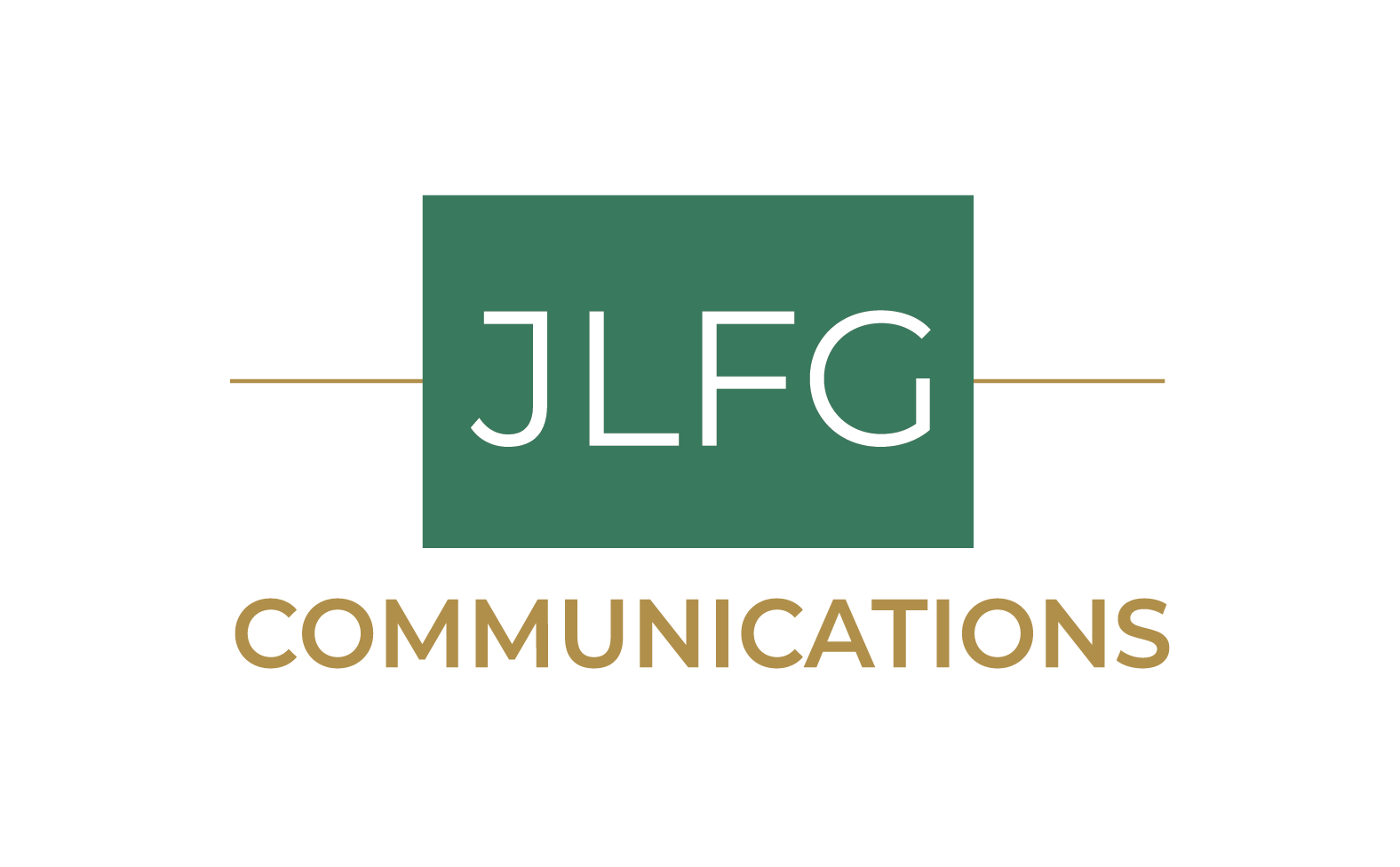The Engineering Code of Ethics and Sustainability
The National Society of Professional Engineers established a Code of Ethics that outlines the responsibilities of all engineers. The Code includes the following fundamental canons.
“Engineers, in fulfillment of their professional duties shall:
1. Hold paramount the safety, health, and welfare of the public.
2. Perform services only in areas of their competence.
3. Issue public statements only in an objective and truthful manner.
4. Act for each employer or client as faithful agents or trustees.
5. Avoid deceptive acts.
6. Conduct themselves honorably, responsibly, ethically, and lawfully so as to enhance the honor, reputation, and usefulness of the profession.”
Many of the statements appear to be obvious to anyone of integrity. In theory, they should not be difficult to follow. Self-interest, however, is a powerful motivator. Engineers are not immune from a desire to take the path of least resistance or the one most likely to allow them to keep their jobs. Doing the right thing can be difficult.
Other factors complicate adherence to the engineering Code of Ethics. In practice, situations are not always clear-cut. Engineers do not always have all the necessary information available to make the most ethical decision in each case. They are only working on a small piece of the puzzle and don’t have access to the bigger picture.
The Environmental Sustainability Lens
Let’s look at the engineering Code of Ethics through a lens of environmental sustainability. That means taking a long-term view. The Code is more about the consequences of immediate actions. It is possible to adhere to the Code while ignoring the indirect consequences of an engineer’s decisions. The addition of a sustainability lens adds another element. With that lens in place, engineers will consider how various options contribute to greenhouse gas emissions and environmental pollution. They will be encouraged to think about product design and materials selection from a wider perspective.
Keep reading to see what it looks like to put a sustainability lens on several of the fundamental canons in the Code.
Promote Public Health and Safety
The first statement in the canon definitely applies. Health and safety are key aspects of sustainability. The long-term goal is to keep the planet safe for humans for as many decades as possible. If engineers can help avoid climate-related injuries, illnesses, and deaths, that is a good thing.
Consider engineers involved in designing buildings. They work with architects to incorporate standards that ensure the buildings are safe for occupancy. That involves more than addressing the structural integrity of the structures. A sustainability lens requires considering whether the materials in the building will release any toxic gases. The ethical and sustainable approach means going beyond meeting regulations like avoiding lead or asbestos. It asks engineers to conduct a thorough evaluation to determine possible exposures that building visitors or residents will face.
While the Code of Ethics does not specifically address energy efficiency, reducing energy consumption is part of sustainability. Design choices can affect how much energy will be required to heat and cool a building. And a building that can maintain a comfortable temperature with minimal energy input improves the comfort, and possibly health and safety, of the occupants.
Make Objective and Truthful Statements
Engineers often feel compelled to speak honestly. While some take this too far and blurt out everything on their mind, following the Code here is very helpful for calling out exaggerated claims. Engineers can be a first line of defense against greenwashing. Overly-enthusiastic marketing teams will benefit from listening to the engineers who say, “No, we can’t claim that about this product.”
In my experience writing articles and white papers for corporate clients, edits often happen during technical reviews by the engineering team. The engineers will shy away from overpromising on performance, sustainability, or some other aspect of the story. Better to publicize the actual energy savings or improved safety of a product rather than wishful thinking.
Act as a Faithful Agent and Avoid Deceptive Acts
The different responsibilities may conflict with each other. How can an engineer act as a “faithful agent” of an employer when the employer makes a request that would endanger the health or safety of employees or the public?
The Volkswagen diesel fiasco that became public in 2015 comes to mind. For those who don’t remember, VW executives instructed the engineers to find a way for the company’s diesel engines to meet tailpipe emissions standards. The engineers suggested adding an additional part to solve the problem, but the executives didn’t want to increase per-vehicle costs. The workaround involved installing software to cheat the emissions testing systems. While under test, the cars passed emissions standards. On the road, they emitted 40 times the allowed values.
What are engineers to do when it is impossible to fulfill all the requirements of the Code? I would like to think that other aspects take precedence over loyalty to the employer, but that does not always happen.
Empower the Engineers
In industries like manufacturing, construction, and information technology, the Engineering Code of Ethics offers an excellent framework for contemplating environmental action. I would like to see more company cultures that empower engineers to lead the way on sustainability.
